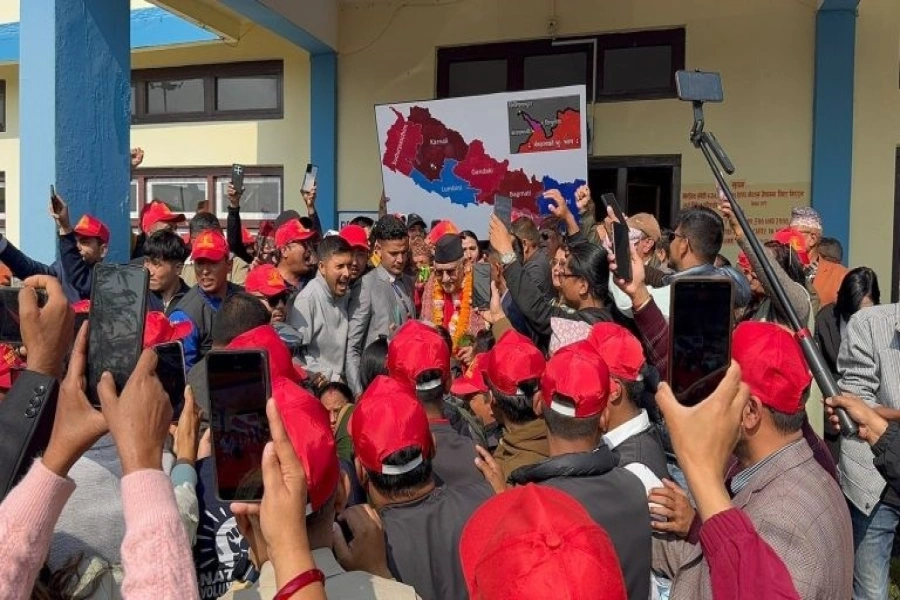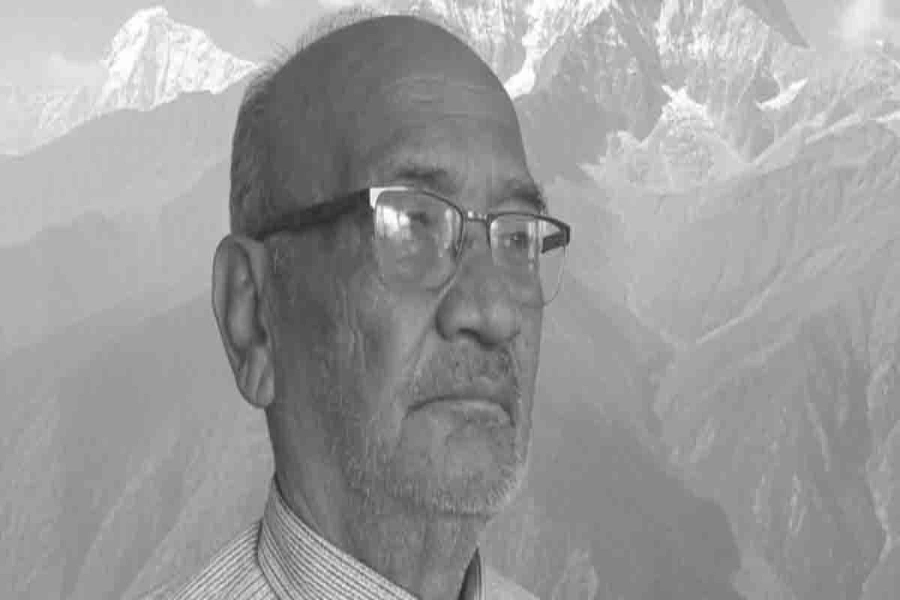Occupational Safety and Health is an important component of ensuring decent work for all.
The International Labour Organization (ILO) estimates that more than 2.78 million people lose their lives as a result of occupational accidents or work-related diseases and approximately 374 million accidents occur on the job annually around the world. In Ne-pal alone, approximately 20,000 workers suffer from accidents at the workplace and 200 people lose their lives each year. Activists point out that most of these accidents are preventable with minimal attention.
Occupational health deals with all aspects of health and safety in the workplace and has a strong focus on primary prevention of hazards. It is a cross-disciplinary area concerned with safety, health and welfare of the people at the workplace. The concept of Occupational Safety and Health (OSH) is an important component of ensuring decent work. However it has not received the attention it deserves: increased workplace accidents and deaths around the world takes a heavy toll on the economy, affecting 3.94 percent of the global GDP per year, or US $2.99 trillion.
There are emerging voices among trade unions and some employers to improve OSH conditions in the country. The trade union confederations of Nepal, and particularly the General Federation of Nepalese Trade Unions (GEFONT), have taken the issue of OSH seriously. GEFONT has been conducting awareness campaigns and research on OSH since 1994. Some employers and industries are also paying special attention to the issue of OSH at workplace to ensure maximum efficiency.
The charm of co-working spaces

Act and standards
On its part, the Government of Nepal (GoN) has been addressing aspects of safety and health of workers since 1992 through the Labor Act. More recently, Labor Act 2017 pays close attention to safety and health at work. It requires the formulation of a Safety and Health Policy at the workplace, which needs to be registered with the labor office.
Further, it mandates the formation of a safety and health committee comprising worker representatives in companies with 20 or more employees. The act supplements previously prescribed arrangements including garbage management; modern toilets; safe drinking water; appropriate ventilation, improved light, temperature and sound; protection from dust, smoke, fumes and other impurities; and annual medical check-up for the workers in hazardous working conditions.
Additionally, Nepal is signatory to ILO conventions that ensure OSH standards. The ILO has adopted more than 40 standards and over 40 Codes of Practice that deal with OSH. They call for policies to protect workers from any sort of occupational hazards and risks and ultimately contribute to improved productivity. The ILO instruments provide a framework for the employers, workers and other social partners to establish, implement and improve OSH to reduce work-related injuries and accidents.
Despite policy guidelines on the matter, it is evident that OSH suffers from weak implementation. The challenges to proper implementation may be simplified in three categories: the challenge of collecting OSH data, the challenge of lack of awareness on the provisions protecting workers, and the challenge of poor quality of OSH-related safety gear.
While forming policies is a vital step, creating an enabling environment that fosters implementation of these policies is as important. The fact that many workplace accidents and deaths go unreported means that there is a lack of reliable data on the matter. This is because of weak collection and management of OSH data. A critical step to address this is to establish a robust OSH response in the country. This should be supplemented by a monitoring and reporting system so that occupation hazard can be identified and corrected on an ongoing basis.
Common goal
Likewise, most people are unaware or afraid to report OSH cases for fear of punishment from their employers. A three-fold effort on part of the employers, workers and the government will be integral in setting and realizing OSH standards. Employers should recognize the centrality of OSH for increased productivity. Workers should be aware of their rights and responsibilities to engage in safe workplace practices and take measures to remove workplace hazards in collaboration with their employers. The government, for its part, should acknowledge that improved OSH systems mean improved growth and development for the country.
To promote OSH compliance, it is imperative that the equipment used for OSH is not substandard. It is often the case that workers are provided with poor quality safety gear that does little to protect them. Such equipment often makes it difficult to perform routine tasks while also failing to prevent hazards. Therefore regular monitoring of safety equipment and practices should be institutionalized by the employers as well as government labor inspectors to address such issues.
Although the government has set up 10 labor offices to inspect and implement labor laws, there is still a need to strengthen the performance of these offices in labor inspection and OSH data management. The transition of Nepal into federalism is raising new challenge as well as opportunities on how such measure should be carried out.
An improved OSH environment will mean increased productivity, growth and job creation at a time when it is most needed. Moreover, working towards ensuring OSH standards will ultimately help Nepal achieve the Sustainable Development Goals, and particularly Goal 8: “the promotion of inclusive and sustainable economic growth, full and productive employment and decent work for all”.
Howard is the Director for the ILO Country Office in Nepal and Basnyat is a
Communication Consultant





































